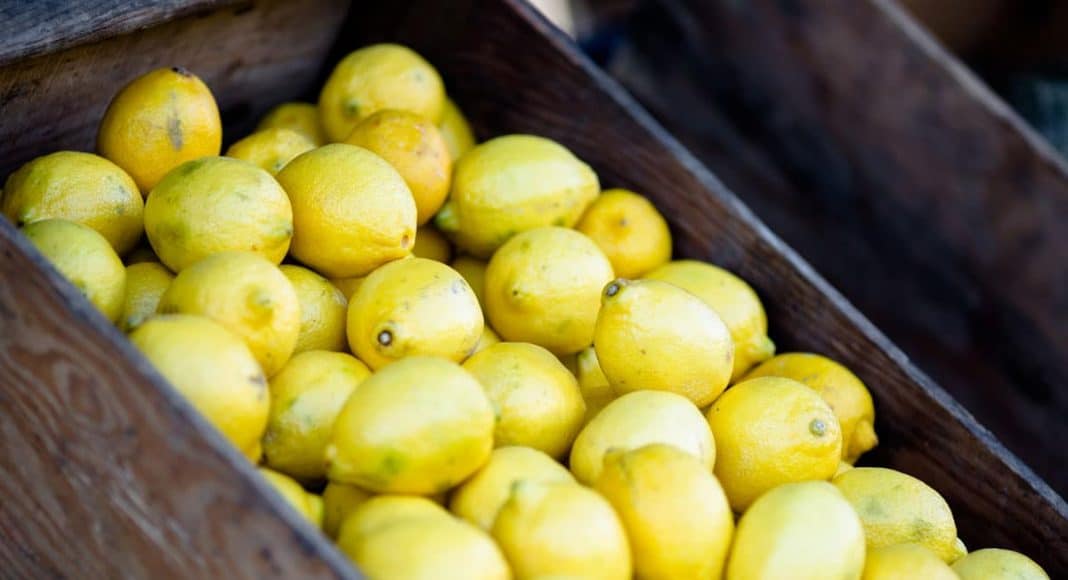University of British Columbia scientists have scanned the genome of cannabis plants to find the genes responsible for giving various strains their lemony, skunky or earthy flavors, an important step for the budding legal cannabis industry.
“The goal is to develop well-defined and highly-reproducible cannabis varieties. This is similar to the wine industry, which depends on defined varieties such as chardonnay or merlot for high value products,” said Jörg Bohlmann, a professor in the Michael Smith Laboratories and faculty of forestry at UBC. “Our genomics work can inform breeders of commercial varieties which genes to pay attention to for specific flavor qualities.”
-
Related Story: What’s That Smell? Why Your Marijuana Smells Skunky
The research is part of an ongoing collaboration between Bohlmann, graduate student Judith Booth, and Jonathan Page, an adjunct professor in the botany department who founded the cannabis testing and biotechnology company Anandia Labs.
They found about 30 terpene synthase genes that contribute to diverse flavours in cannabis. This number is comparable to similar genes that play a role in grapevine flavour for the wine industry. The genes the researchers discovered play a role in producing natural products like limonene, myrcene, and pinene in the cannabis plants. These fragrant molecules are generally known in the industry as terpenes.
“The limonene compound produces a lemon-like flavor and myrcene produces the dank, earthy flavour characteristic of purple kush,” said Booth.
They also found a gene that produces the signature terpene of cannabis, beta-caryophyllene, which interacts with cannabinoid receptors in human cells along with other active ingredients in cannabis.
Bohlmann says the economic potential of a regulated cannabis industry is huge, but a current challenge is that growers are working with a crop that is not well standardized and highly variable for its key natural product profiles.
“There is a need for high-quality and consistent products made from well defined varieties.” he said.
The researchers say it will also be important to examine to what extent terpene compounds might interact with the cannabinoid compounds such as tetrahydrocannabinol (THC) that confer the medicinal properties of cannabis.
The study was published in PLOS ONE.
For more cannabis business coverage, visit the MJ News Network.
[gravityform id=”13″ title=”false” description=”true”]


